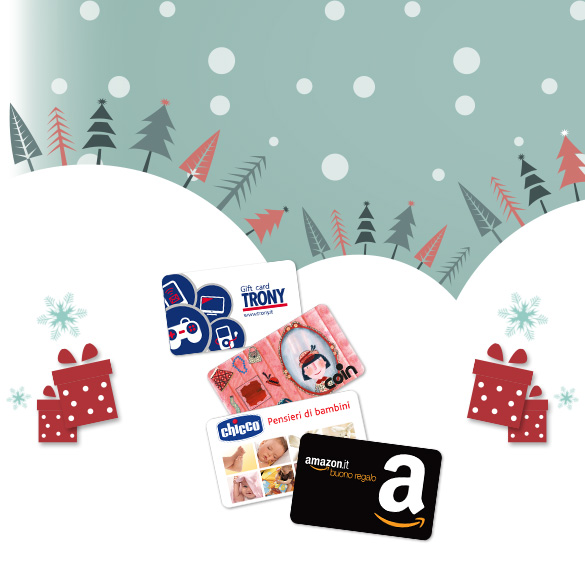
Top ten differences between Rewards and Recognition

We would like to quote on our website an article witten by Roy Saunderson for www.incentivemag.com some time ago but still topical. The article clarifies how to use correctly these words when we deal with incentive programs and offers interesting insights that inspired us.
Top ten differences between Rewards and Recognition
As an industry, troche we’ve created a semantic conundrum for ourselves. We interchange the usage of rewards and recognition as if they were identical twins. Ironically, in order to understand them both and to use each better, we must decouple them and tease out their differences and learn the benefits that each brings to the table.
Learn from this Top 10 list and apply the insights you gain from it.
1. Rewards are tangible. Recognition is intangible.
Whether tangible or monetary, rewards are always something you can touch and of a specific amount. Recognition is often invisible in nature and yet priceless in value. You can give recognition without giving a reward. You should never give a reward without giving recognition.
2. Rewards will always be transactional.
Recognition should always be relational. Rewards are always if you do “X” then you’ll get “Y” in return. Recognition is so much more of a relational exchange between people. Rewards are great for attracting people to an organization, and recognition is perfect for keeping them.
3. Rewards are simply consumed. Recognition is mostly experienced.
When you receive money or a gift it is usually spent, used up or somehow consumed until it ends. In contrast, recognition is a total immersion experience and a personal encounter of the best kind which can last forever. Carefully using both will help address the unique differences within all of us.
4. Rewards are transferable. Recognition is non-transferable.
Rewards can be passed off from one person to another and are temporary in nature. Recognition cannot be removed from the person given to or exchanged and is quite permanent. Focus on achieving that kind of permanence through recognition while using the momentary impact possible through a tangible reward.
5. Rewards are certainly conditional. Recognition happens to be unconditional.
Rewards are very dependent consequences based on certain terms or conditions. Recognition, however, tends to be more independent and not part of a fixed result derived from specific actions. It is about blending rigidity with flexibility or at least knowing when to use one over the other.
6. Rewards are expected. Recognition is a surprise.
It seems that, with rewards, we go into a situation knowing that if we perform well we deserve the reward. With recognition, on the other hand, you have no idea until you unexpectedly receive it. Never let anyone down by not giving them a merited reward and learn to be spontaneous with appreciating and celebrating people every day.
7. Rewards are economical. Recognition is emotional.
Rewards are a prudent use of resources in the whole economy of production, distribution and income. Recognition contrasts as a psychological and emotional event, a felt phenomenon. Remember that performance may reign but feelings rule!
8. Rewards are outcome driven. Recognition is focused on behaviors.
Rewards are used to reinforce the occurrence of achieved results. Recognition can happen anytime someone notices positive behaviors of another. People want to know how they are doing before the end result is achieved.
9. Rewards are fixed. Recognition is flowing.
Rewards are fixed and determined based on desired performance and the expected returns. Recognition is free flowing from one person to another and expanded upon as shared by others. Know when each has their place and use each one wisely.
10. Rewards are impersonal. Recognition is personal.
Rewards have little human dimension based on their tangible, contractual arrangement, even when given to someone. Recognition differs because it’s purely human connection celebrating people for who they are and what they do. This is where the giving of rewards can be made much more personable by giving recognition too.
Read the original article here.
In Amilon we strongly believe in this approach and in order to facilitate Companies to manage correctly rewards and recongnition, we create Job&Joy, a digital platform that allows to balance wisely the use of relational and economic tools thanks to its flexible and modular structure. Find out more about Job&Joy clicking here.

Le 10 differenze tra premio e riconoscimento
Potrebbe anche piacerti

Buoni Spesa per i Comuni: Amilon in prima linea con i buoni digitali
Aprile 6, 2020
NUOVA PARTNERSHIP CON SHARE’NGO PER IL B2C E B2B
Maggio 10, 2017

